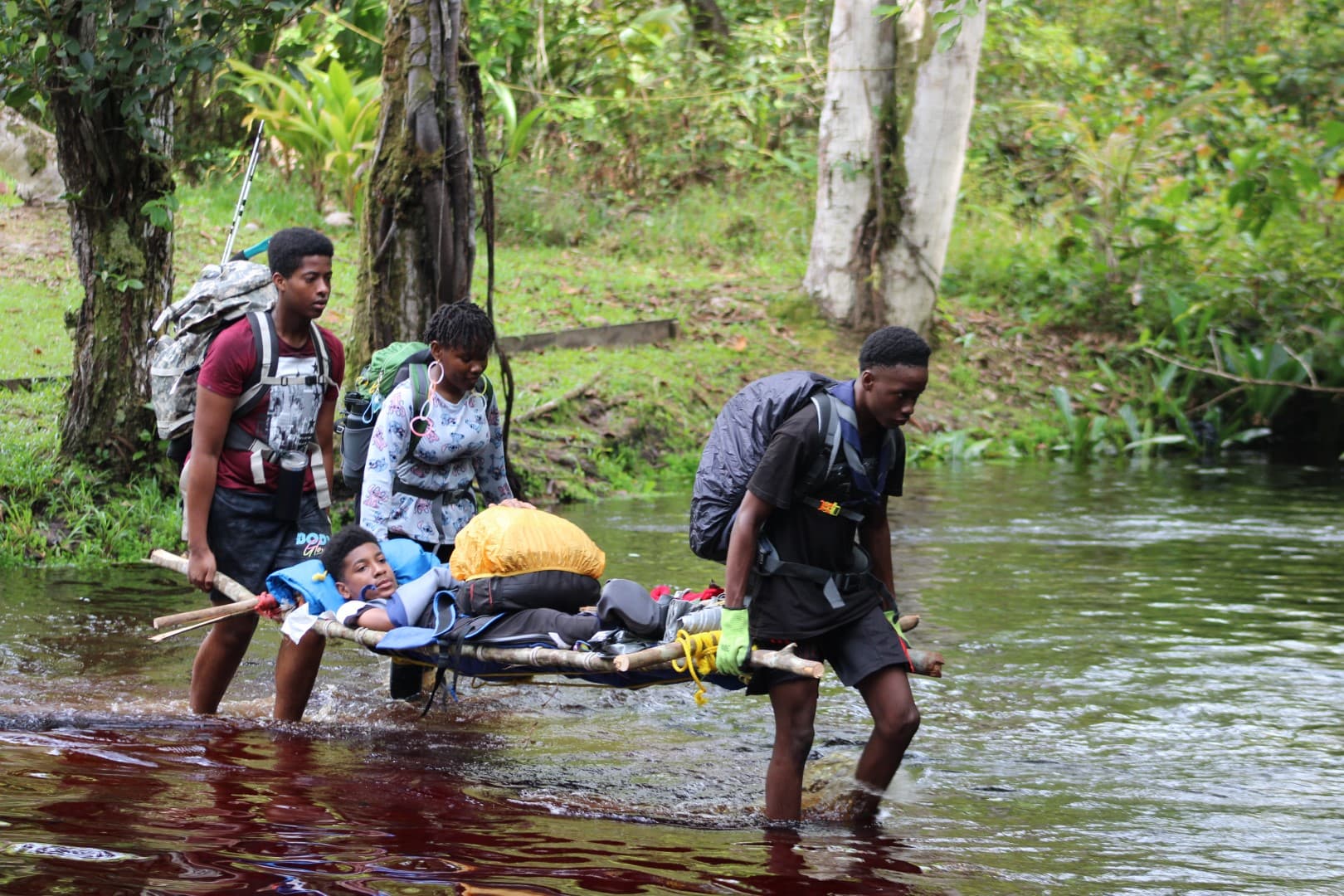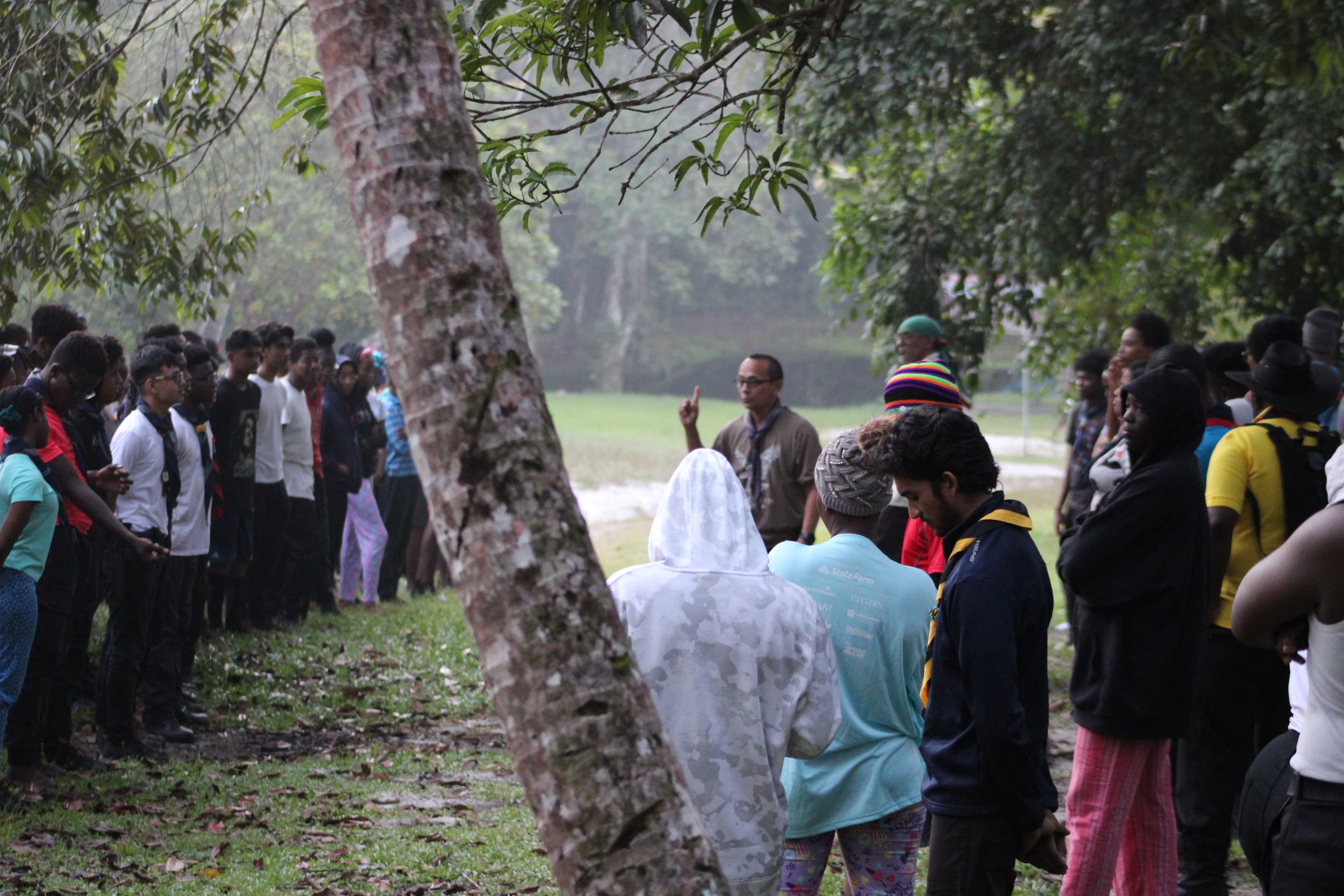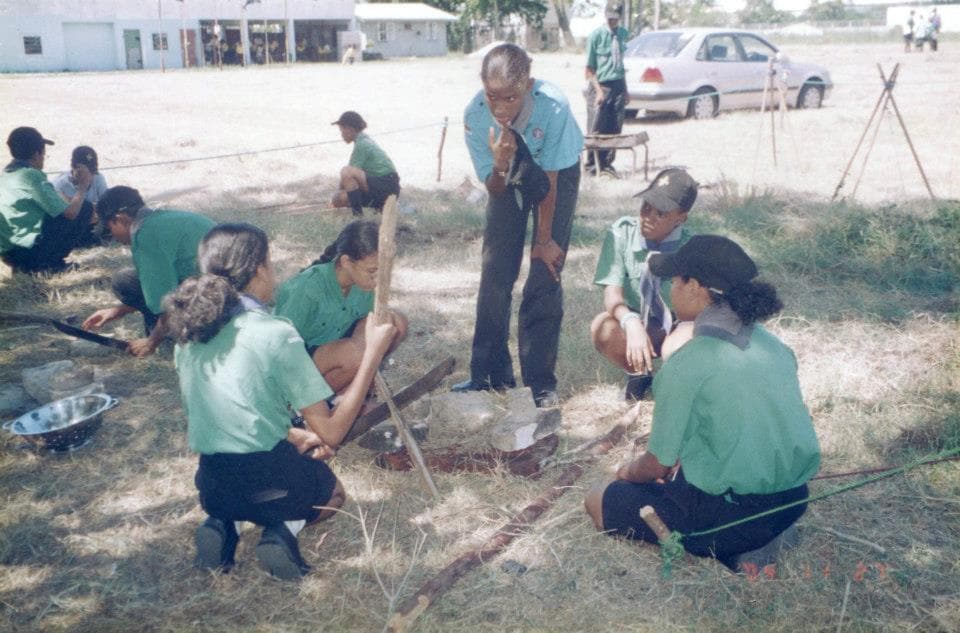
Introduction
Leadership is a crucial skill that plays a pivotal role in shaping individuals and communities. In the St. Stanislaus College Scout Group, Troop 25, the focus goes beyond just outdoor adventures and earning badges. This troop is committed to nurturing and empowering the next generation of leaders through the principles and experiences of scouting.
Scouting provides a unique platform for young people to develop leadership skills in a supportive and inclusive environment. Troop 25 recognizes the importance of leadership development and strives to create opportunities for scouts to grow and excel in this area. Through a range of activities and experiences, our troop fosters the qualities necessary for effective leadership.
One of the fundamental ways in which Troop 25 builds leadership skills is through the patrol system. Scouts are organized into patrols, small groups that work together on various tasks and activities. Each patrol is led by a Patrol Leader who is responsible for their patrol's success. This system allows scouts to actively participate in decision-making, problem-solving, and teamwork, giving them a taste of leadership from an early stage.
Patrol Leaders in Troop 25 are not just figureheads; they are given opportunities to lead and guide their patrols. From planning and organizing patrol activities to delegating tasks, Patrol Leaders learn the importance of effective communication, teamwork, and accountability. They gain valuable experience in leading and motivating their peers, while also learning to listen to and respect the opinions of others. These skills not only help them during their scouting journey but also prove invaluable in their future endeavors.
Troop 25 also emphasizes the importance of servant leadership. Scouts are encouraged to serve their fellow scouts, the troop, and their community. Through acts of service, such as participating in community clean-ups, assisting in food drives, or volunteering at local shelters, scouts develop empathy, compassion, and a sense of social responsibility. They understand that leadership is not solely about holding a position of authority but also about making a positive impact on the lives of others.
In addition to the patrol system and service opportunities, Troop 25 provides leadership training programs and workshops. These sessions focus on specific leadership skills such as effective communication, problem-solving, decision-making, and conflict resolution. Scouts are given the tools and knowledge they need to navigate challenges, build relationships, and make informed choices. Expert facilitators and guest speakers are often invited to share their experiences and insights, further enriching the leadership development journey of Troop 25 scouts.
Troop 25 also understands the significance of mentoring in leadership development. Older scouts, known as Scout Leaders or Senior Scouts, play a crucial role in guiding and supporting younger scouts as they navigate their scouting journey. They act as role models, offering advice, encouragement, and assistance where needed. By taking on mentoring responsibilities, older scouts further strengthen their own leadership skills and gain a deeper understanding of the value of leading by example.
One of the highlights of Troop 25's leadership development program is the annual leadership camp. This camp brings together scouts from Troop 25 and other troops in the area for a weekend dedicated to leadership training and skill-building. Scouts participate in various team-building exercises, problem-solving challenges, and leadership simulations that push them out of their comfort zones and encourage them to step into leadership roles. The camp provides a unique opportunity for scouts to learn from each other, share their experiences, and develop lifelong bonds.
Troop 25 also encourages scouts to take on leadership positions within the troop, such as the Senior Patrol Leader, Assistant Patrol Leader, or Quartermaster. These positions allow scouts to practice and refine their leadership skills in a structured setting. They learn about responsibility, time management, and decision-making while working with their fellow scouts and troop leaders to ensure the smooth running of troop activities and events.
The impact of Troop 25's leadership development efforts goes beyond scouting. Many former scouts from Troop 25 have gone on to become leaders in their schools, colleges, and careers. They credit their time in scouting and the mentorship they received in Troop 25 as instrumental in their personal and professional growth. The leadership skills they honed in the troop have equipped them with the confidence and ability to lead effectively in various settings.
In conclusion, Troop 25 of the St. Stanislaus College Scout Group is dedicated to building leadership skills in its scouts. Through the patrol system, service opportunities, training programs, mentoring, and leadership positions, Troop 25 provides a comprehensive framework for scouts to develop and excel as leaders. The troop's commitment to leadership development sets a strong foundation for the next generation of leaders, preparing them to make a positive impact in their communities and beyond. As Troop 25 continues to empower and nurture young leaders, its legacy of leadership will endure, shaping the lives of scouts for years to come.



